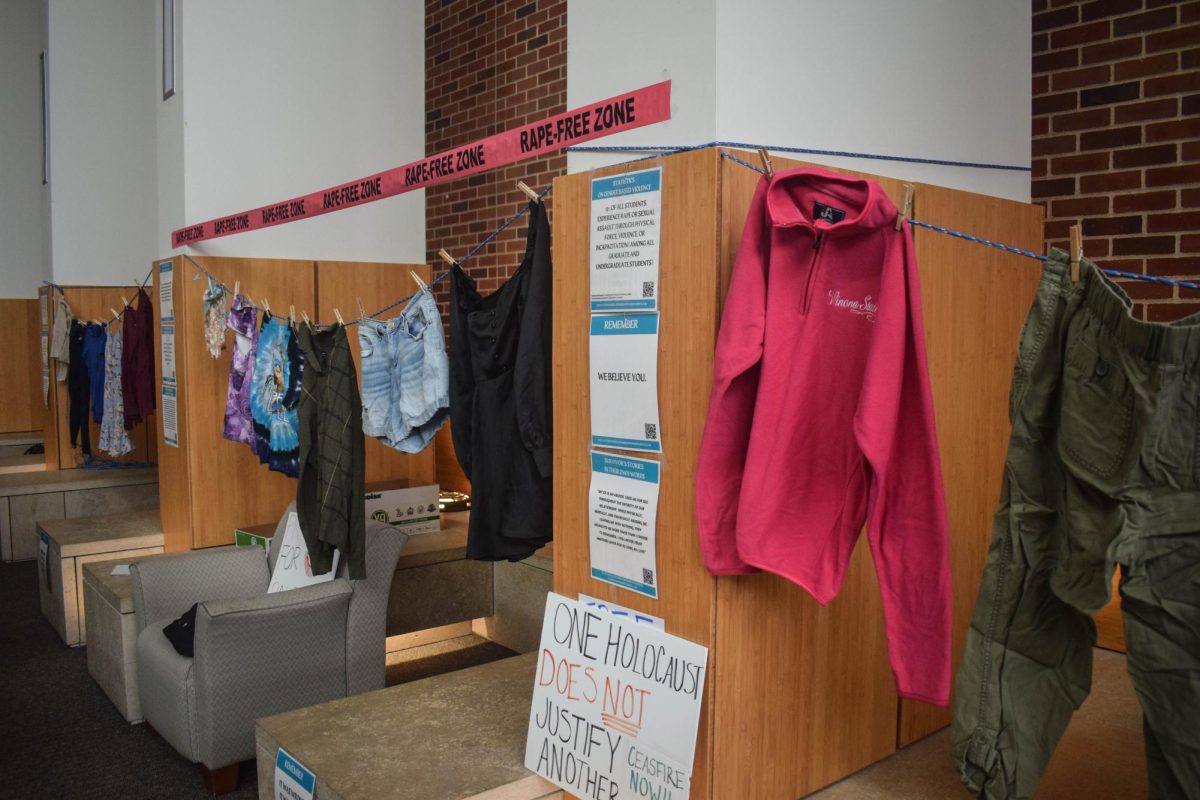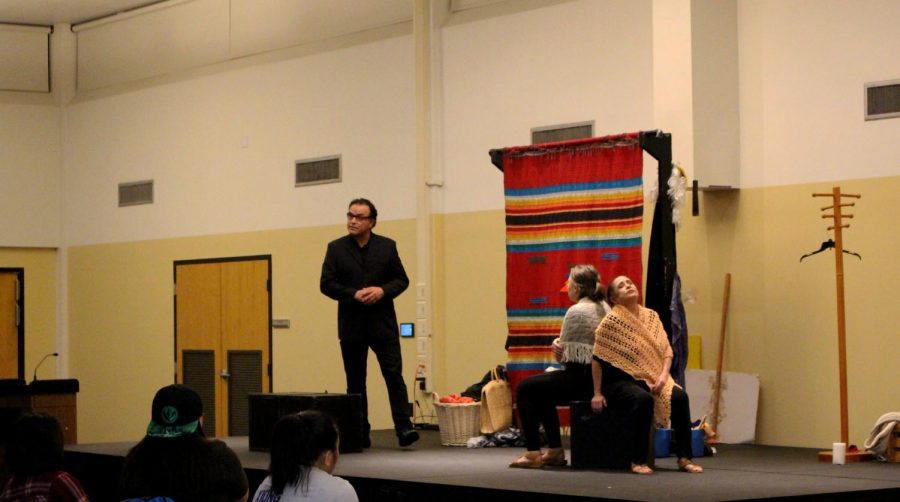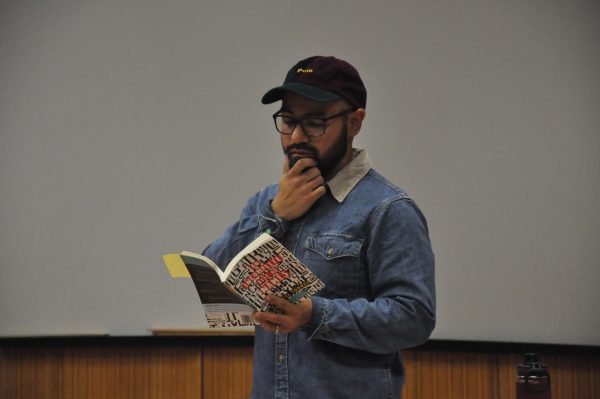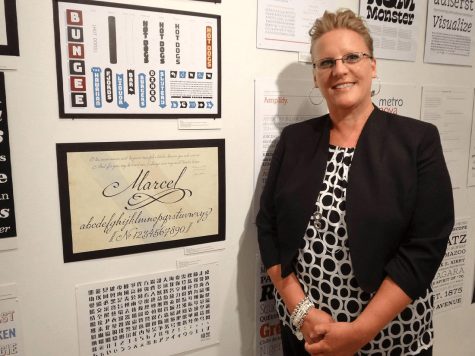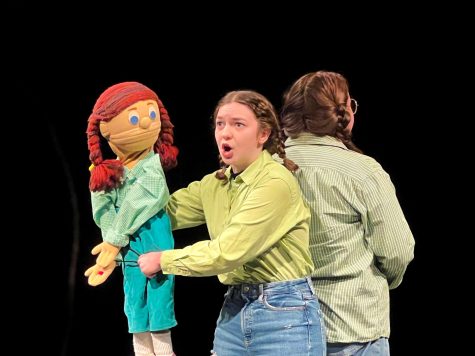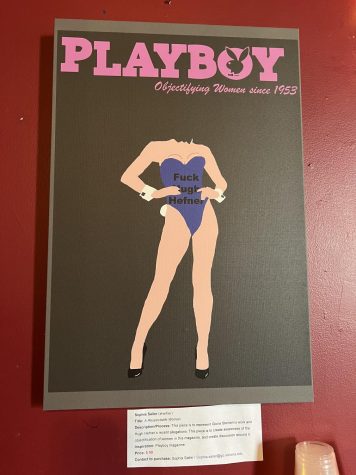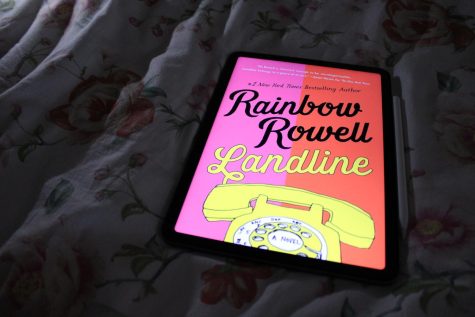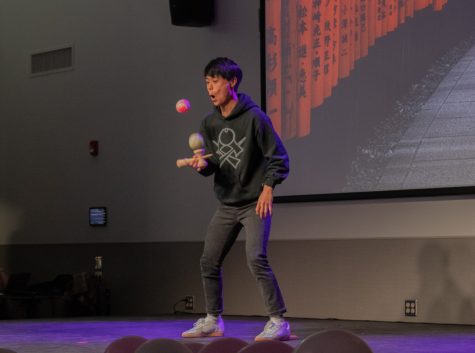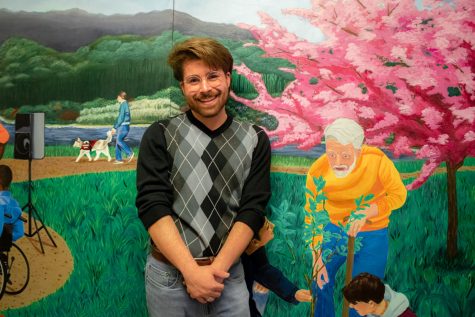“Help Wanted” play discusses immigration
Left to right: Marcos López, Katya Cárdenas and Joy Chavarría perform “Help Wanted” in East Hall on September 19. This one act play addressed issues with current United States immigration policies and to help put a face to people in similar situations.
September 26, 2018
Winona State University held two showings of Teatro del Pueblo’s play “Help Wanted” on Wednesday, Sept. 19 at 1 p.m. and 7 p.m. in East Hall. The one-act play, spoken in Spanish and English, is centered around two women who illegally entered the United States eighteen years ago and moved to Minnesota in search of work.
The main characters, Marta and Elena, grew up in a small town in Mexico and struggled to find work. They decided to immigrate to the United States, and from there move to Minneapolis, where job prospects were better.
Juan López, the stage manager, commented on how the play is important in today’s society, especially with rising issues related to immigration.
“We have been doing this play for eighteen years, and the one thing that hasn’t changed is there has been no significant immigration reform. In the meantime, these struggles continue. I hope something will happen to address the issues this country deals with,” López said. “Turning over the stone begins within. I have to be consistent with that in my daily actions to see people as people.”
The actors, Katya Cárdenas and Marcos López, hope this play will help other people realize that the plot is a reality for many people entering the United States.
“Many times, when we talk about immigration, we demonize [the immigrants]; we see them as a threat to jobs and the economy. Immigrants are simply people who are coming here, just as our ancestors did,” Cárdenas said. “We don’t know what they’ve encountered. We want to give a face and story to the issue and help humanize it. We don’t need to have all the answers. We need to have sympathy and compassion.”
Their goal is to help give a face to the people that often suffer mistreatment when immigrating.
“Immigration is a hot topic in America and it has not been addressed. There are many vulnerable people behind the story and it’s misrepresented.” López said.














